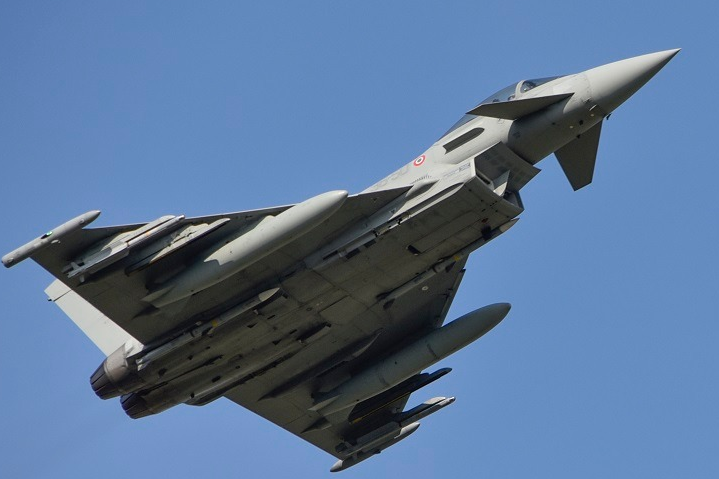
Nato has scrambled allied fighter jets conducting the Baltic Air Policing mission to intercept Russian military aircraft over the Baltic Sea.
Two Russian Tu-160 Blackjack bombers and an A-50 Mainstay airborne warning aircraft, both escorted by Su-27 and Su-35 fighter aircraft, flew over the Baltic Sea on 20 April.
Nato radars tracked the Russian aircraft, and the Combined Air Operations Centre in Germany launched the allied fighter aircraft in response to intercept and identify them.
Italian and German Eurofighter jets deployed from bases in Lithuania and Estonia, the Polish Air Force F-16s fighters from Poznan Air Base and the Royal Danish Air Force F-16s from Skrydstrup Air Base to meet the Russian aircraft.
Nato pilots conducted professional identification and escort missions.
The Russian bombers stayed in international airspace above the Baltic Sea for approximately three hours and returned to mainland Russia.

US Tariffs are shifting - will you react or anticipate?
Don’t let policy changes catch you off guard. Stay proactive with real-time data and expert analysis.
By GlobalDataNato Staff Operations deputy chief brigadier general Andrew Hansen said: “Our teams deployed in support of Baltic Air Policing stand ready to intercept any perceived threat to allied airspace.
“The alliance routinely practises intercepts for this exact reason and has built the necessary muscle memory to accomplish this at a moment’s notice.
“The event demonstrates Nato’s vigilance and responsiveness to air incidents and the collective effort of our allies to keep the airspace safe for all its users.”
In February, Nato announced that its Alliance Ground Surveillance (AGS) RQ-4D remotely piloted aircraft achieved initial operational capability (IOC), a major milestone for the programme.



